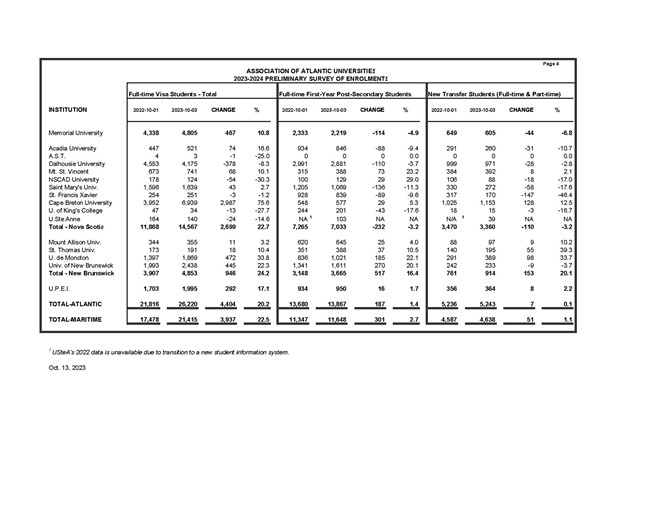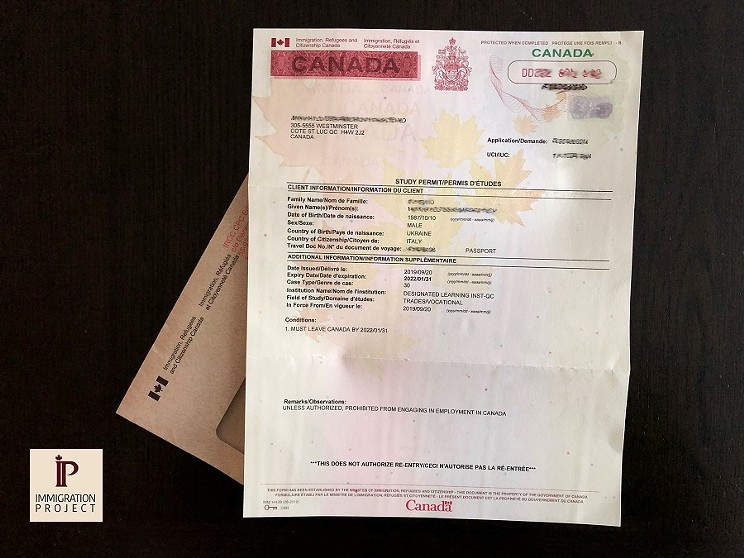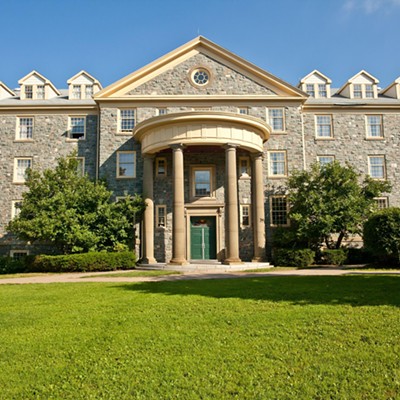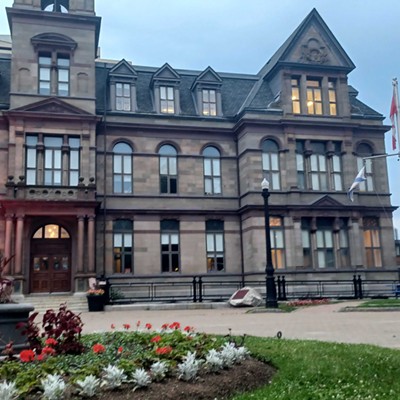It’s application season for universities–animated by stress and excitement for the future. Deciding on where to spend the next four years can be a challenge. Budgeting for tuition, food and rent in a city experiencing a housing crisis–another. Figuring out if your chance of getting into school just got slashed by 35%? That’s a challenge that students won’t be sharing equally.
Marc Miller is Canada’s minister of immigration, refugees and Canadian citizenship–or IRCC. On Monday, Jan. 22, Miller announced that Canada would be capping incoming international study permits at 360,000 country-wide starting Sept. 1, 2024. That’s a 35% reduction from the number of study permits issued in 2023. This cap is meant to last two years, although how much of a reduction is needed next year will be re-assessed by the end of 2024.
“In the spirit of fairness, individual provincial and territorial caps have been established, weighted by population,” says the IRCC release, “which will result in much more significant decreases in provinces where the international student population has seen the most unsustainable growth.” Once the provinces get their portion of permits it’ll be up to them to manage how many international students each institution is allowed.
The IRCC hasn’t yet announced how exactly the 360,000 international student permits will be spread across the country, but if Nova Scotia was to get 2.5% to match its share of the national population (roughly 1 million of Canada’s 40 million people are Nova Scotians), that would be 9,000 permits. The Association of Atlantic Universities reported in October, 2023 that there were over 14,500 international students in Nova Scotia. Halifax's six universities had 6,700 international students, with the majority enrolled at Dalhousie at 4,175, followed by Saint Mary’s at 1,639. At Dal and SMU, between 20 and 25% of their student populations are international students.

Dal’s director of communications, Janet Bryson, says in an email to The Coast that they’re following the federal government’s announcement with close interest. “International students enrich our campuses and our communities, and our immediate focus will be to better understand the details and implications” for Nova Scotia’s universities, Bryson says.
Dal will work closely with all Nova Scotia universities, as well as with provincial and federal governments, to better understand how the cap will be implemented here—and how it won’t be. “We want to assure our students that IRCC also advised that current study permit holders and study permit renewals will not be affected and that the temporary cap does not include those pursuing master’s and doctoral-level degrees,” says Bryson.
Margaret Murphy is the associate vice-president of external affairs at SMu, and in an interview with The Coast she says “we recognize the government wants to make sure that–to the benefit of the students themselves–their journey here with us is a sustainable one on secure footing. As a university, that’s what we want for them as well” because “the reputation of the university rests on that as does the success of our university mission.”
The fact that provinces are being handed this “temporary measures” cap to manage across universities is already breeding uncertainty among university groups. “It’s going to be divide and conquer,” says Philip Landon, interim president of Universities Canada, an organization that advocates at the federal government level for all of Canada’s 97 universities.
Landon says certain provinces are not going to be impacted by this cap, and certain provinces will be “severely impacted.” His understanding is that provinces like Nova Scotia, Ontario and British Columbia, who currently have a higher ratio per capita of international students, are likely to be affected “much worse” based on what the IRCC has said about the cap.
While it’s still too early to tell how individual provinces and universities will be affected by this news, Landon says one worrisome piece of the IRCC announcement is the immediate requirement of letters of attestation for each study permit application. The IRCC has given provinces and territories until Mar. 31 to establish a process for doing this. But, as Landon points out, “This is right when everybody's applying to university for next fall. If you're an international student, you're told, ‘Well, it's uncertain right now.’ Why come to Canada when there's all this uncertainty?”
One part of the announcement is “bang on,” according to Landon.
This part of the IRCC release says that starting Sept. 1, 2024, international students studying under “curriculum licensing arrangements,” which are partnerships between private colleges and associated public colleges, will no longer qualify for work-permits upon graduation. Because these programs, which are held physically at private colleges, have “less oversight” than public colleges, the release says these licensing arrangements can act as “loopholes” for post-graduate work permit eligibility.
Landon agrees with this IRCC measure, of halting post-grad work permits for these licensing arrangements, because private colleges don’t offer student resources like housing assistance, international student centres, mental health support and so forth that public colleges have. “That measure we think is right, but we think that was enough.”
For the IRCC to then go further by implementing a 35% decrease, says Landon, concerns Universities Canada because of how this cap will affect universities’ bottom line and, more importantly, Canada’s reputation amongst current and future international students.
“If you’re an international student, all you’re hearing right now is: ‘there’s too many; there’s caps; they’re causing the housing crisis’…These folks pay a lot of money to come here and get a quality education. They don’t deserve to be the brunt of that narrative.”











